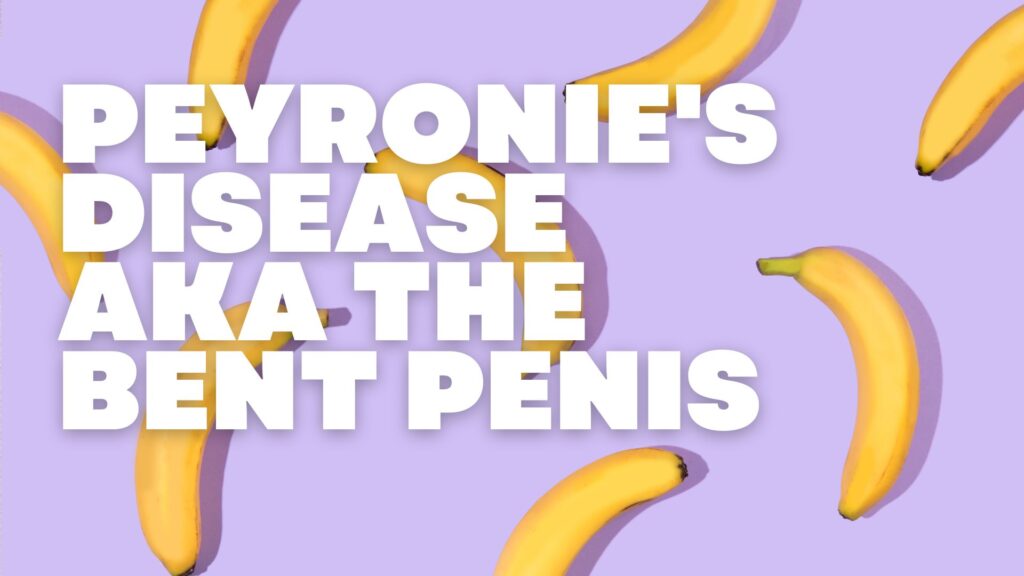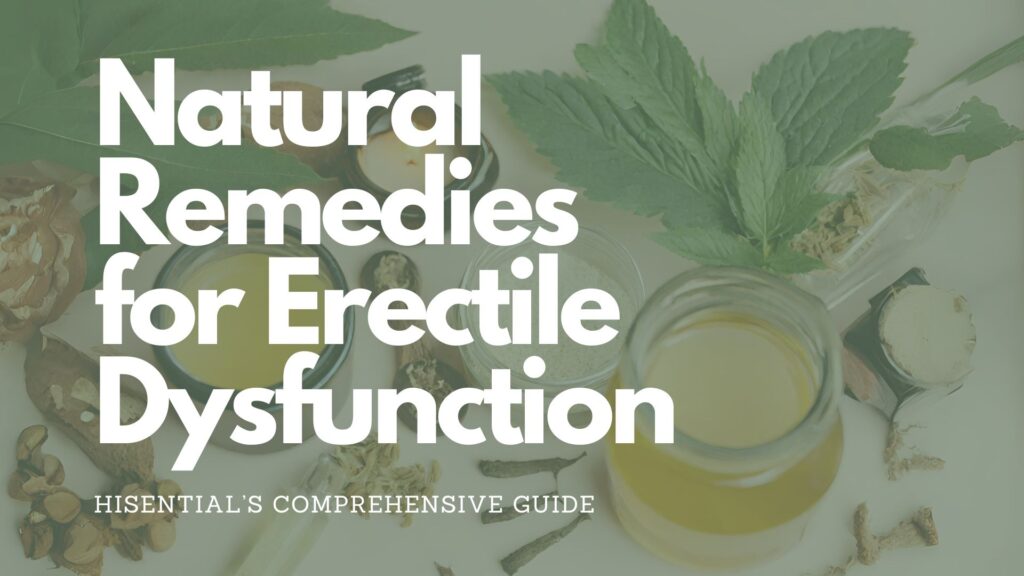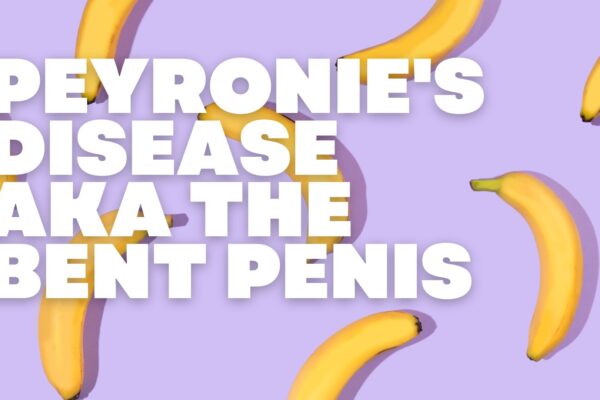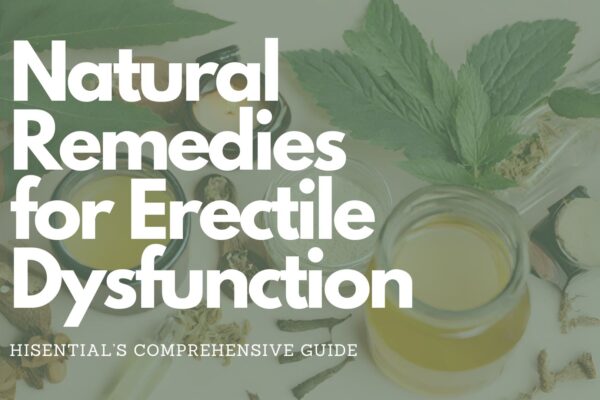HPV: Not Just Her Problem
Introduction
Human Papillomavirus (HPV) is a DNA virus from the Papillomaviridae family, with over 200 known types. It is one of the most common sexually transmitted infections, affecting most sexually active individuals at some point in their lives. While many HPV infections are asymptomatic and resolve spontaneously within two years, persistent infections can lead to warts or precancerous lesions. These lesions can increase the risk of various cancers, depending on the site affected, including those of the cervix, vulva, vagina, penis, anus, mouth, tonsils, or throat..
HPV is transmitted primarily through direct contact, often sexual. Risk factors for persistent infection include early age of first sexual intercourse, multiple sexual partners, smoking, and poor immune function. The virus can also spread from a mother to her baby during pregnancy. HPV vaccines have since been developed to prevent the most common types of infection, with the most effective prevention occurring when the vaccine is administered before the onset of sexual activity.
HPV and Cancer in Men:
Despite the availability of vaccines, HPV remains a significant global health issue. It’s the most common sexually transmitted infection (STI) globally and is linked to a significant proportion of cancers. For instance, nearly all cervical cancer cases are due to HPV, with two strains – HPV16 and HPV18 – accounting for 70% of cases. HPV16 is also responsible for almost 90% of HPV-positive oropharyngeal cancers.
While these cancers are not common, men with a compromised immune system like HIV, are at a higher risk. For instance, the risk of anal cancer is about 17 times higher in sexually active gay and bisexual men than in men who have sex only with women (CDC, 2021). Moreover, HPV-related cancers found in the back of the throat, including at the base of the tongue and in the tonsils, are the most common HPV-related cancers found in men, with more than 13,000 new cases diagnosed each year (CDC, 2021).
HPV and Genital Warts:
In addition to cancer, certain types of HPV can cause genital warts in men. At any given time, about 1% of sexually active men in the U.S. will have genital warts (CDC, 2021). These warts are the first symptom you may see with low-risk HPV strains that cause warts but not cancer.
One of the treatment options for genital warts is electrocautery, a procedure that is readily available at Hisential clinic. Electrocautery is a safe and effective method that uses electric current to heat up a probe, which is then applied to the wart to burn and destroy the tissue. This procedure is typically done under local
anesthesia to minimize discomfort. It is important to note that while electrocautery can remove the visible warts, it does not eliminate the HPV virus from the body.
HPV Prevention and Vaccination:
The HPV vaccine, Gardasil 9, is readily available at Hisential Clinic. Gardasil 9 is a highly effective vaccine that protects against nine types of HPV, including seven high-risk types (HPV16, 18, 31, 33, 45, 52, and 58) that
cause about 90% of cervical cancers and two low-risk types (HPV6 and 11) that cause 90% of genital warts. It is recommended for both men and women and can be administered to individuals as young as 9 years old.
In addition to vaccination, regular health screening via the Papanicolaou test (Pap smear) can detect early cancer and abnormal cells that may develop into cancer, allowing for early treatment and better outcomes.
HPV is not just a women’s issue; it’s a public health issue that affects us all. Men, it’s time to take charge of your health. Understanding the risks associated with HPV and taking proactive steps towards prevention can significantly reduce the risk of HPV-related health issues. Regular check-ups, practicing safe sex, and getting vaccinated are not just recommendations; they are vital actions for your health and well-being.
At Hisential Sexual Health Clinic in Kuala Lumpur, we’re not just committed to providing comprehensive care and support for men’s health; we’re dedicated to empowering you with the knowledge and resources to take control of your health. If you have any concerns about HPV or other aspects of your sexual health, we urge you to reach out to us. Your health matters, and we’re here to help you every step of the way. Don’t wait for symptoms to appear. Schedule a consultation today and take a proactive step towards a healthier future. Your journey to better health starts here.
References:
CDC. 2021. “HPV and Men – Fact Sheet.” Centers for Disease Control and Prevention. Available at: https://www.cdc.gov/std/hpv/stdfact-hpv.htm
WebMD. 2023. “HPV and Men.” WebMD. Available at: https://www.webmd.com/sexual-conditions/hpv-genital-warts/hpv-virus-men
WHO. 2022. “WHO updates recommendations on HPV vaccination schedule.” WorldHealth Organization. Available at: https://www.who.int/news/item/20-12-2022-WHO-updates-recommendations-on-HPV-vaccination-schedule











